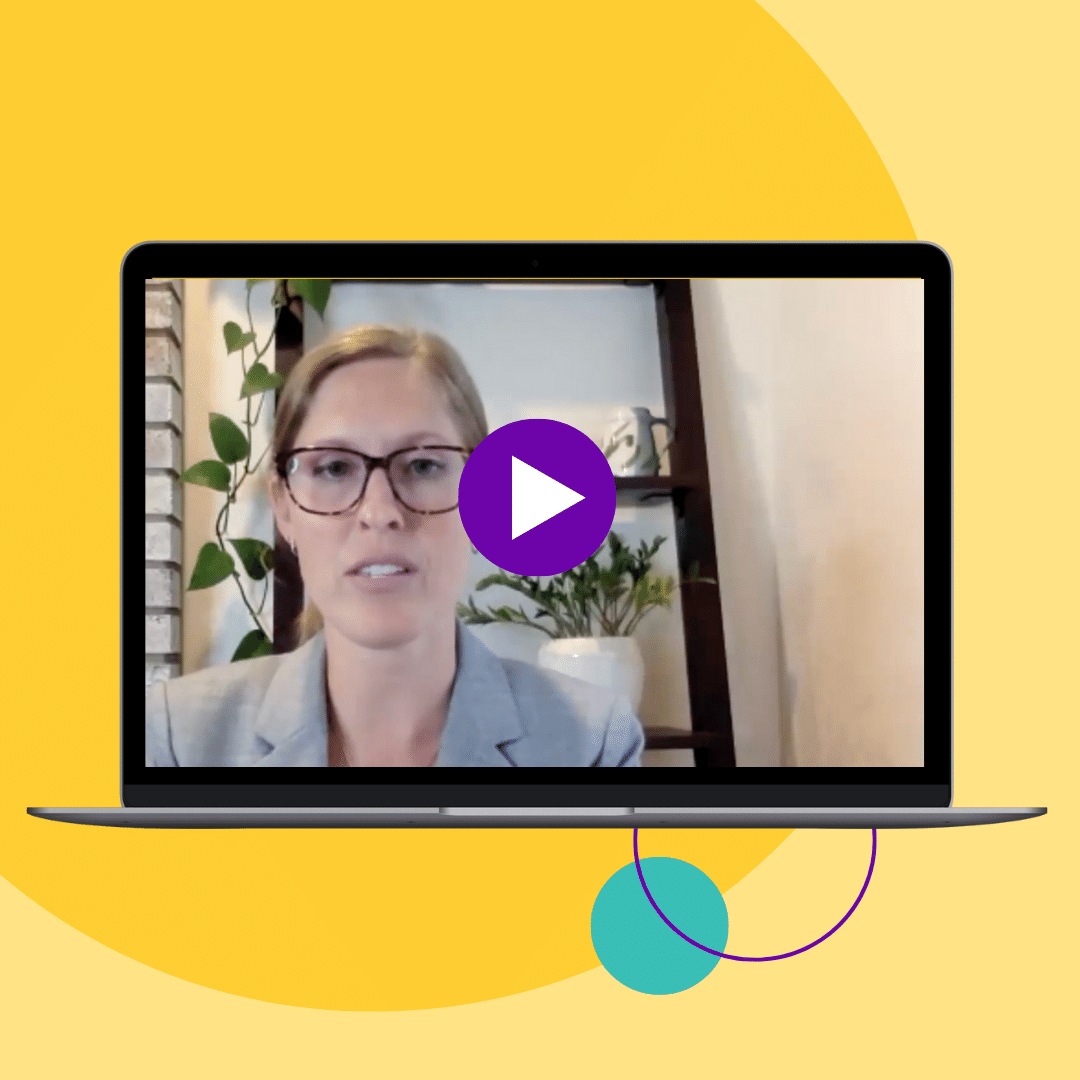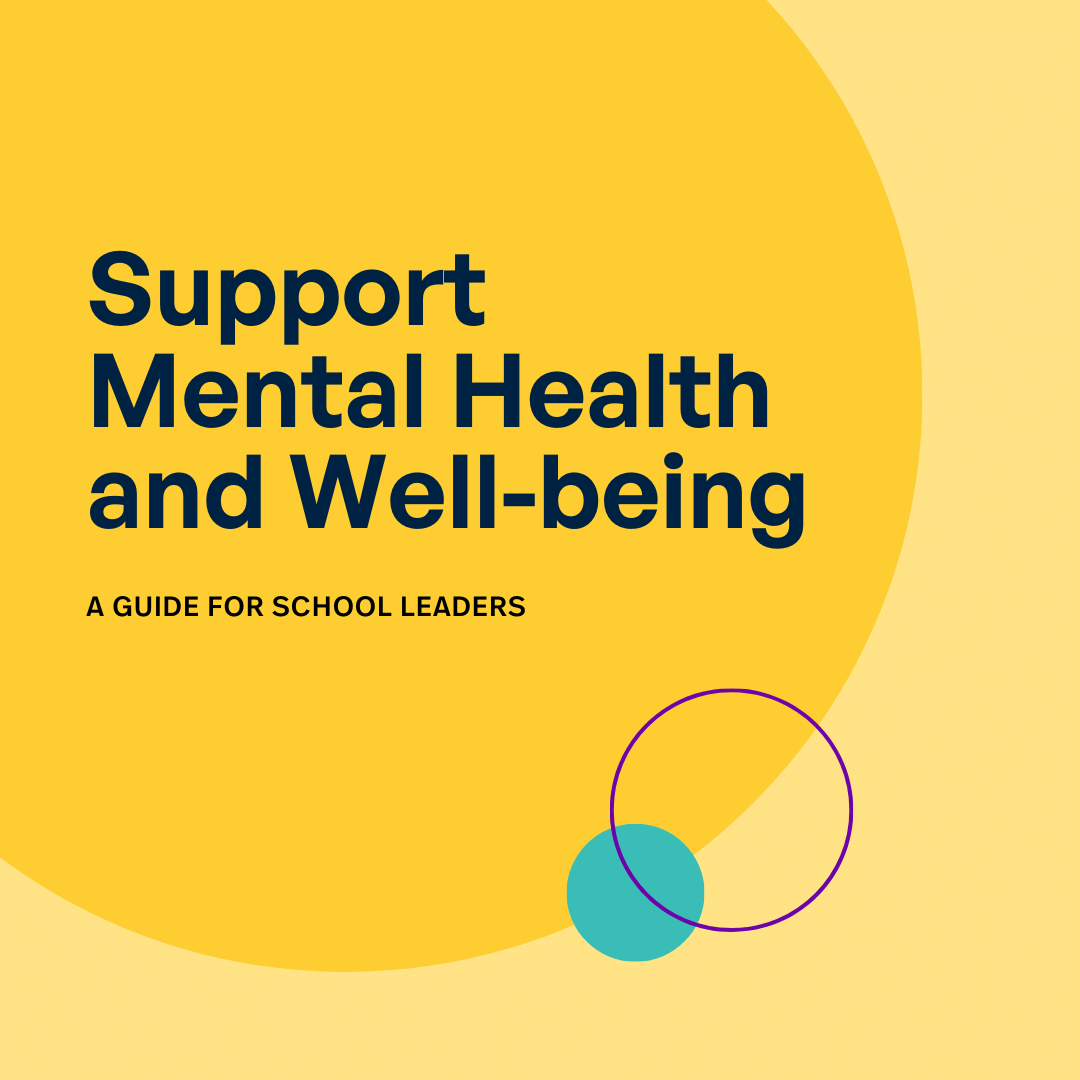Now more than ever, school leaders are acutely aware of the mental health challenges facing students and their families, teachers and administrators, and themselves.
Here’s just one stat from Mental Health in Schools | NAMI: National Alliance on Mental Illness: “One in six U.S. youth aged 6-17 experience a mental health disorder each year, and half of all mental health conditions begin by age 14. Attention-deficit/hyperactivity disorder (ADHD), behavior problems, anxiety, and depression are the most commonly diagnosed mental disorders in children. Yet, about half of youth with mental health conditions received any kind of treatment in the past year.”
It is particularly important to acknowledge the pandemic’s impact on mental health at home and in the community, and to present an opportunity for meaningful conversations about mental health in both, to learn how we may better understand and support those around us.
Mental Health and Leadership Webinar

Amid what is being called a mental health crisis in schools, watch on-demand webinar Mental Health and Leadership – Grow Schools with Caroline Poland, MA, LMHC, LCAC, CCTP, CCFP, NCC.
You can download the Presentation Handout here and the Presentation Slides here.
Contact Caroline Poland at caroline@polandandassociates.com or learn more from her website www.polandandassociates.com & Youtube channel “Poland and Associates Consulting”.
Support Mental Health and Well-being Guide

This guide shares the expertise of Caroline Poland, Founder and CEO of Poland and Associates Consulting, MA, LMHC, LCAC, CCTP, CCFP, NCC, Licensed Mental Health Counselor, Certified Clinical Trauma Professional. Learn how to build a firm foundation of mental health and well-being in the classroom and make an Emotional Regulation Plan.
Featured Article
6 Steps for Creating Safe School Spaces for LGBTQIA+ Students
The Need for Safe Spaces For LGBTQIA+ Students The numbers say it all: students who identify as LGBTQIA+ are twice as likely to experience harassment, such as name-calling and verbal and physical abuse than their non-LGBTQIA+ classmates, and according to Mental Health America, they are four times more likely to take their own lives. LGBTQIA+ […]
Featured Article
Mental Health and Well-being Resources for School Leaders
Leadership comes with its unique set of challenges, and prioritizing mental health is a cornerstone of effective management. Explore a diverse range of resources offered to foster resilience, stress management, and thoughtful decision-making at your school. Mental Health Resources